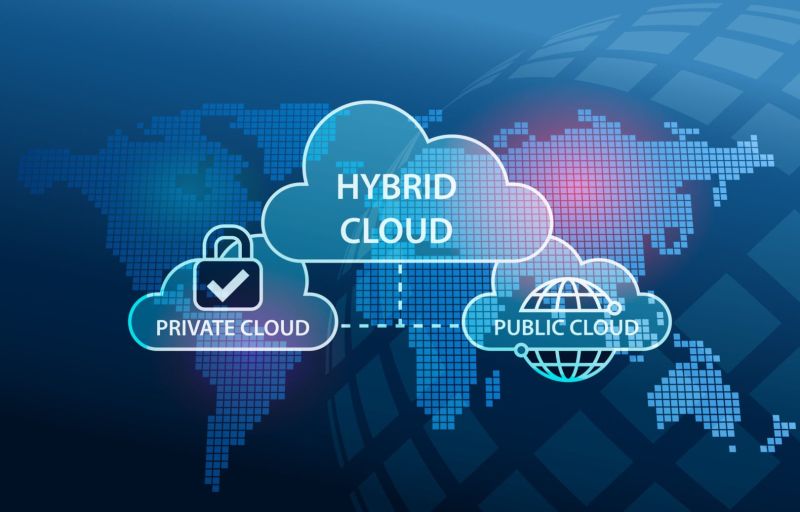
In today’s rapidly evolving digital landscape, businesses are constantly seeking innovative ways to stay competitive and agile. One of the key drivers behind this transformation is the advancement of cloud capabilities, particularly in the realm of hybrid cloud solutions. Hybrid cloud capabilities, blending the best of both private and public cloud environments, are not only enhancing operational efficiency but also unlocking new use cases that were previously unimaginable.
The Evolution of Cloud Capabilities
The journey of cloud computing began with the adoption of public clouds, which offered unparalleled scalability and cost-efficiency. However, as organizations grew and their needs became more complex, the limitations of a purely public or private cloud environment became evident. This led to the rise of hybrid cloud solutions, which combine the strengths of both worlds.
Modern technology has played a crucial role in this evolution. With advancements in cloud orchestration, security, and connectivity, hybrid cloud capabilities have become more robust and versatile. Organizations can now seamlessly integrate their on-premises infrastructure with public cloud services, creating a unified and flexible IT environment.
Unlocking New Use Cases with Hybrid Cloud Capabilities
- Enhanced Data Management and Analytics
Hybrid cloud capabilities have revolutionized how organizations manage and analyze data. By leveraging the scalability of public clouds for data storage and processing, businesses can perform complex analytics in real-time. Meanwhile, sensitive data can be securely stored and managed on private cloud environments, ensuring compliance with regulatory requirements. This hybrid approach enables companies to gain deeper insights from their data, leading to more informed decision-making. - Disaster Recovery and Business Continuity
In the face of increasing cyber threats and natural disasters, businesses are prioritizing disaster recovery and business continuity. Hybrid cloud solutions offer a robust framework for these needs. By replicating critical data and applications across both private and public clouds, organizations can ensure minimal downtime and quick recovery in case of an incident. This capability is especially valuable for industries where data availability is critical, such as finance and healthcare. - Optimized Workload Management
Not all workloads are created equal. Some require the high performance and low latency offered by on-premises infrastructure, while others benefit from the scalability and flexibility of the public cloud. Hybrid cloud capabilities allow organizations to optimize workload placement based on specific requirements. For instance, a retail company can run its customer-facing applications on a public cloud to handle traffic spikes during sales events while keeping its inventory management system on a private cloud for better control. - Support for Emerging Technologies
The integration of modern technology such as AI, IoT, and edge computing into business operations is creating new opportunities and challenges. Hybrid cloud capabilities are uniquely positioned to support these emerging technologies. For example, edge computing devices can process data locally for real-time insights, while hybrid cloud environments can aggregate and analyze this data at scale. This enables use cases like smart manufacturing, where real-time data processing is critical for efficiency. - Cost Efficiency and Flexibility
One of the key benefits of hybrid cloud solutions is the ability to optimize costs. Organizations can choose to run their most critical workloads on private clouds, where they have greater control and predictability over costs, while leveraging the pay-as-you-go model of public clouds for less critical tasks. This flexibility allows businesses to allocate resources more efficiently and avoid unnecessary expenses.
The Future of Hybrid Cloud Capabilities
As hybrid cloud capabilities continue to evolve, we can expect to see even more innovative use cases emerge. The integration of modern technology with hybrid cloud environments will drive new possibilities, from AI-driven automation to personalized customer experiences. Businesses that embrace these capabilities will be better positioned to navigate the complexities of the digital age and achieve long-term success.


